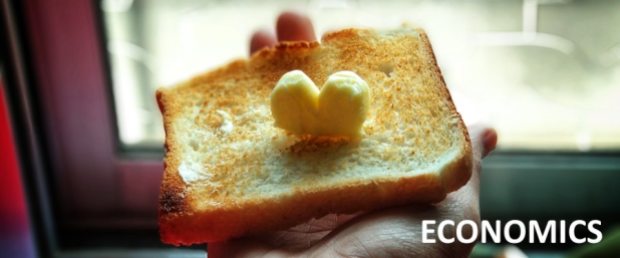
In economics, when there’s even some monopoly power, the business can set prices and still have people buy their products. There is monopoly power everywhere; local convenience stores can price the way they do because there are some customers who are unable to switch providers or move. And so the businesses can price their products and somehow structure the pricing to be two-part tariff, which mean they can charge you a fixed fee and then layer on additional charges per unit of consumption.
They can take various forms. For example, a bakery can charge you $10 annual membership and give you 10% discount off the breads that you buy from them for the entire year. This way, they charge you a fixed fee and then get you to pay for more per marginal unit of consumption. The gym charges you a single registration fee and then monthly membership. Even devices such as reMarkable which is an e-ink writing tablet is selling its tablet and then charging people for a monthly subscription that allows people to sync their notes to various platforms, have unlimited storage, etc.
Even the smart phones involves getting you to pay for the device, then charging you for apps or gaining more revenue from additional services you use on the phone. The tariff structure has an alluring quality of pricing the overall good at almost marginal cost. Or does it? That’s what economic theory suggests but it is unlikely to be the case on digital goods and services. They are probably being priced at the long run marginal cost plus a premium to support long term development and innovation. Is that an efficient outcome? It’s hard to say.
What is more interesting, is that the two part tariff structure creates more stickiness for the customer to the producer. Having already paid for the first part, the customer tries to make more use of that, averaging down his/her cost per unit of consumption. This is the use of sunk cost fallacy and faulty thinking to trap consumers.
Unfortunately, it does work.









